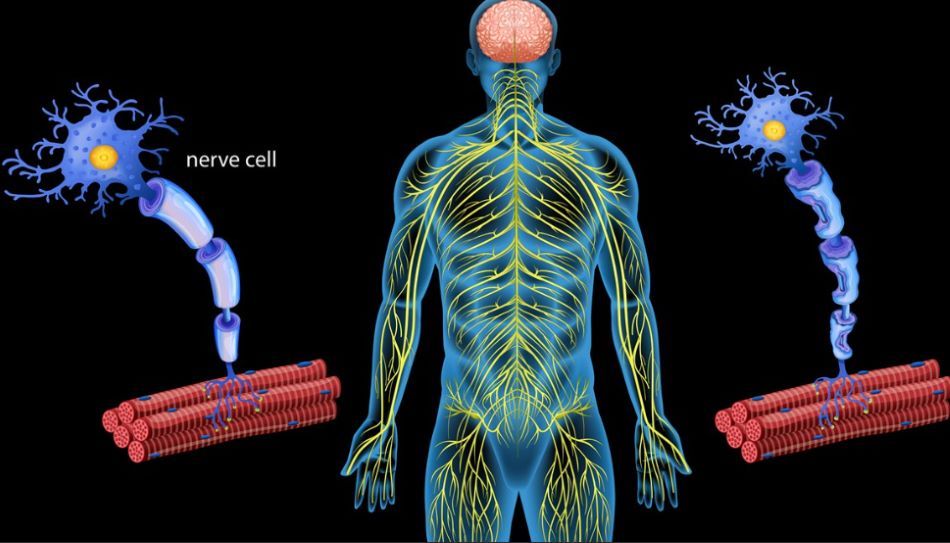Real-life data on switching medication
While the increasing number of highly effective immunotherapies for multiple sclerosis has improved disease control, no disease modifying therapy (DMT) is entirely effective in halting disease activity. Switching DMT should therefore be considered in cases of breakthrough disease or an inadequate response to therapy, intolerability or specific side effects, adverse events, family planning, compliance issues, psychosocial reasons, and economic reasons.
The aging MS population also raises the need for de-escalation of DMT, emphasizing the importance of the risks and benefits of such a switch which should be considered on a case-by-case basis. Real-life data can contribute with evidence on predictors of treatment response, guide the selection of the most appropriate DMT for individual patients, and inform treatment decisions when switching DMTs.
BIOGRAPHY
MELINDA MAGYARI
Melinda Magyari is the director of The Danish Multiple Sclerosis Registry (link: www.dmsr.dk/) and a consultant neurologist at the Danish Multiple Sclerosis Center (COI). Her major research area is in multiple sclerosis and other inflammatory disorders of the central nervous system with a special interest in the changing epidemiology and gender differences. Using nationwide population-based data sources her research addresses questions on comorbidities, reproductive issues, risk factors and socioeconomic consequences in multiple sclerosis. She is involved in pharmacoepidemiological studies investigating the effectiveness and long-term safety of disease modifying therapies.








